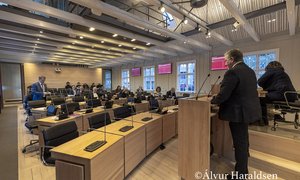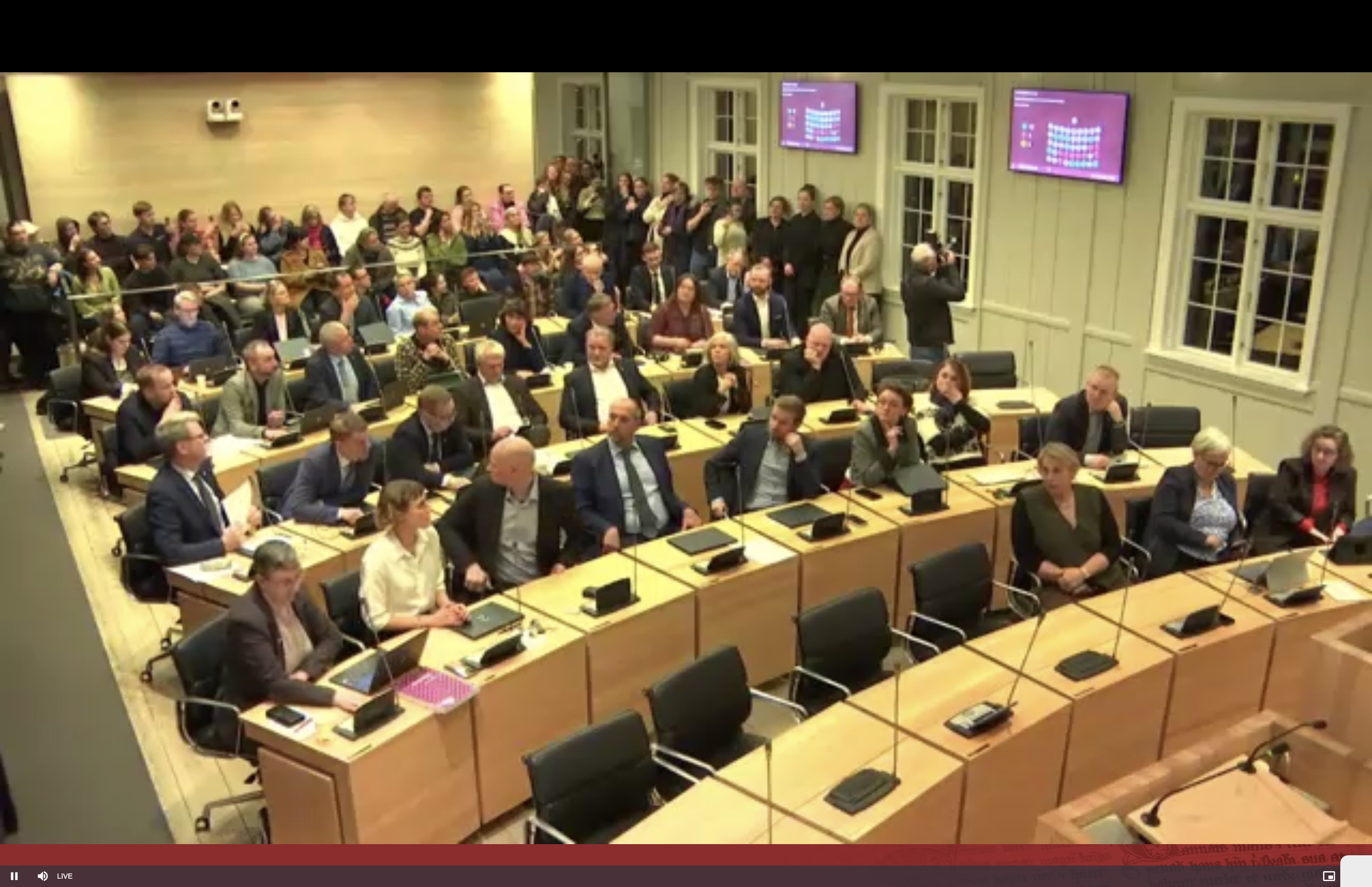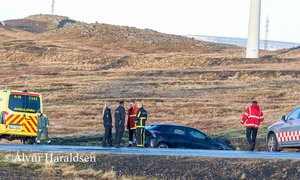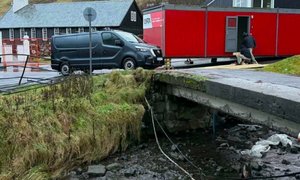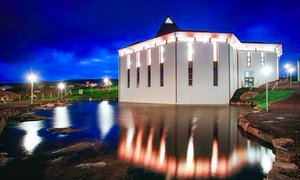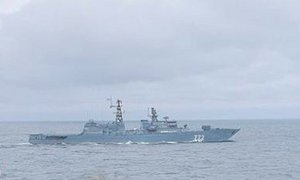Mark Schrimpton
It was a great pleasure to be back in the Faroe Islands recently, and it was very good news to hear, soon after I returned to Newfoundland, of the positive results from the Amerada-Hess well.
It is of course only one well, and there will be a need for further drilling and analysis to delineate the field and see if it is commercial. But this first discovery does help confirm the expectation that Faroes will see oil and/or gas production sooner or later. It is sure to lead to further interest in Faroese waters, and to exploration to discover other fields. Given the confirmation of a commercial field, engineering and other studies will be needed to establish appropriate production and transportation systems, leading to project approval and, a few years later, the first commercial production of hydrocarbons.
This will undoubtedly have a major effect on the Faroese economy and society. In this context, it was interesting, at the recent NORA conference in Torshavn, to compare the effects on Norway and Newfoundland. In Norway, the contribution of the petroleum industry to the national gross domestic product (GDP), after decades of activity, recently peaked at about 25%. In Newfoundland, with just a single oilfield in production (a second field will start producing next month), the industry already contributes over 10% of the province?s GDP. This relatively large figure does not reflect the size of our petroleum industry (it is still very small) so much as the fact that Newfoundland has a much smaller economy than Norway. In population terms it is one tenth of the size, and in GDP terms even smaller. Accordingly, a relatively small scale of activity has had a large relative effect on Newfoundland. In the Faroes, with less than one-tenth of the population of Newfoundland (about 47,000, compared with 530,000), the potential relative effects are even larger.
Some may see this as threatening, and there will certainly be a need for great care in ensuring that the local effects - economic, social, cultural, political and environmental - accord with the wishes of the Faroese people. But experience elsewhere, for example here in Newfoundland, shows that the tools are available to minimize or prevent negative effects. If effectively managed, the industry need not result in significant inflation, pollution or social problems, and it may in fact make an important contribution even to the local culture and the tourism industry.
Indeed, while it is critical to minimize any negative effects, it is in my opinion just as important to make the most of the opportunity that petroleum development presents for expanding and diversifying the Faroese economy. This will initially occur through an expansion of oil activity itself, with more Faroese companies following the lead of Atlantic Petroleum, Atlantic Airways and others. This has seen initial work in Faroese waters, but already such companies are beginning to look for opportunities in the UK sector and beyond. This is certainly the pattern we have seen in Newfoundland; local companies which entered the industry to meet local requirements are now undertaking work for oil industry clients in such places as the Gulf of Mexico, California and Russia. Symptomatic of this, Newfoundland is the home of CHC Helicopters, the world?s largest helicopter operating company.
However, while such a broadening of horizons is very valuable, since it makes these companies and their employees less reliant on the success of the petroleum industry in Newfoundland waters, it still leaves them vulnerable to global oil price and other fluctuations. Accordingly, I believe the most important change is that that has seen Newfoundland companies, learning from their petroleum industry experience, becoming more competitive in other industries. Engineering, information technology, environmental, publishing, corporate relations, human resources and other types of companies, which initially learned to be competitive in the highly demanding offshore petroleum industry, have applied the technical and business capabilities (and, critically, their newly-developed confidence and ambition) that they developed in a wide range of other industries, locally and internationally. As such, they (and the province as a whole) have limited their dependence on the petroleum industry.
Thus we have not just seen the addition of a new, petroleum, industry to the Newfoundland economy. Rather, there has been a transformation of an increasing part of the Newfoundland business sector to global competitiveness. These companies are also serving as role models for, and providing personnel to, companies wholly unrelated to the petroleum industry. This, accompanied by a recognition that the new resource revenues will mean that we will be less fiscally dependent on the federal government in Ottawa, is making Newfoundlanders feel increasingly confident and self-reliant.
In this context, it is interesting to contrast developments in Newfoundland and Shetland. Much has been achieved in the latter, including the way in which an innovative legislative initiative has resulted in significant government revenues, permitting expenditures on such things community swimming pools and homes for the elderly. However, these types of initiative can only be sustained in the long term if such social spending is accompanied by the development of a broader and more resilient economic base, such as we are seeing in Newfoundland.
To my mind, this is the main challenge for Faroese politicians, business-people and others: ensuring that social spending and the development of an oil fund is accompanied by the provision of ?real world? business opportunities to Faroese business-people. Fortunately, given the size of the Faroes economy and population, the prospective scale of offshore petroleum activity, the tools available, and the energy and initiative I saw when I visited recently, this should not be too daunting a challenge .






